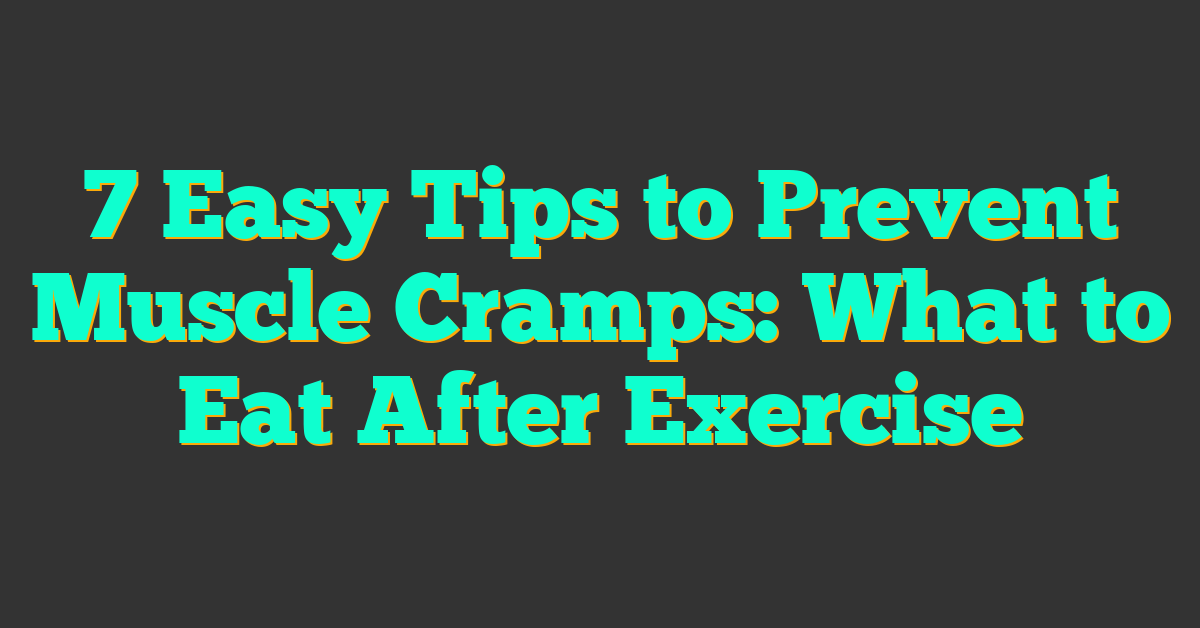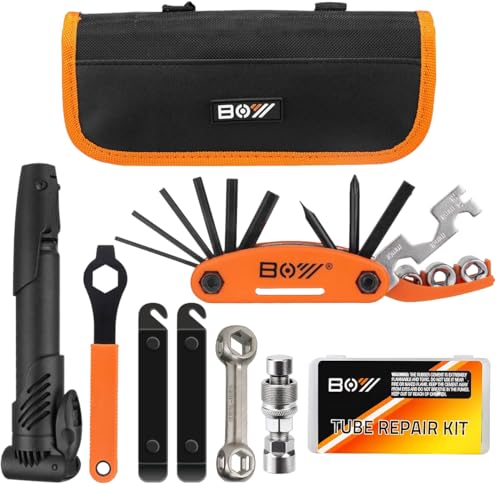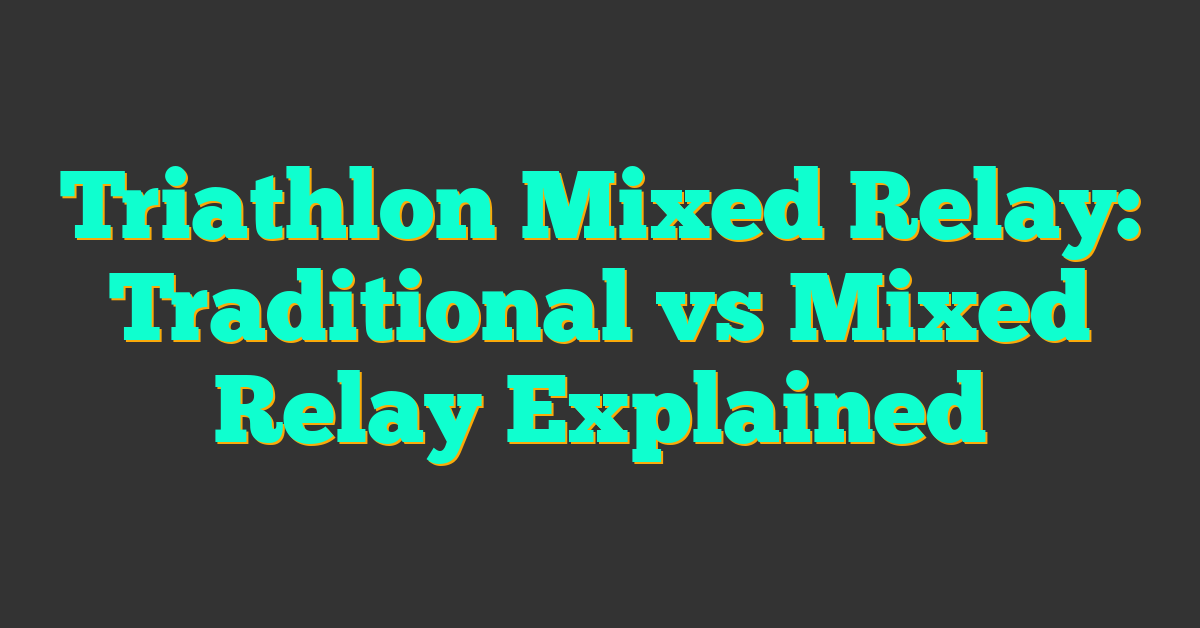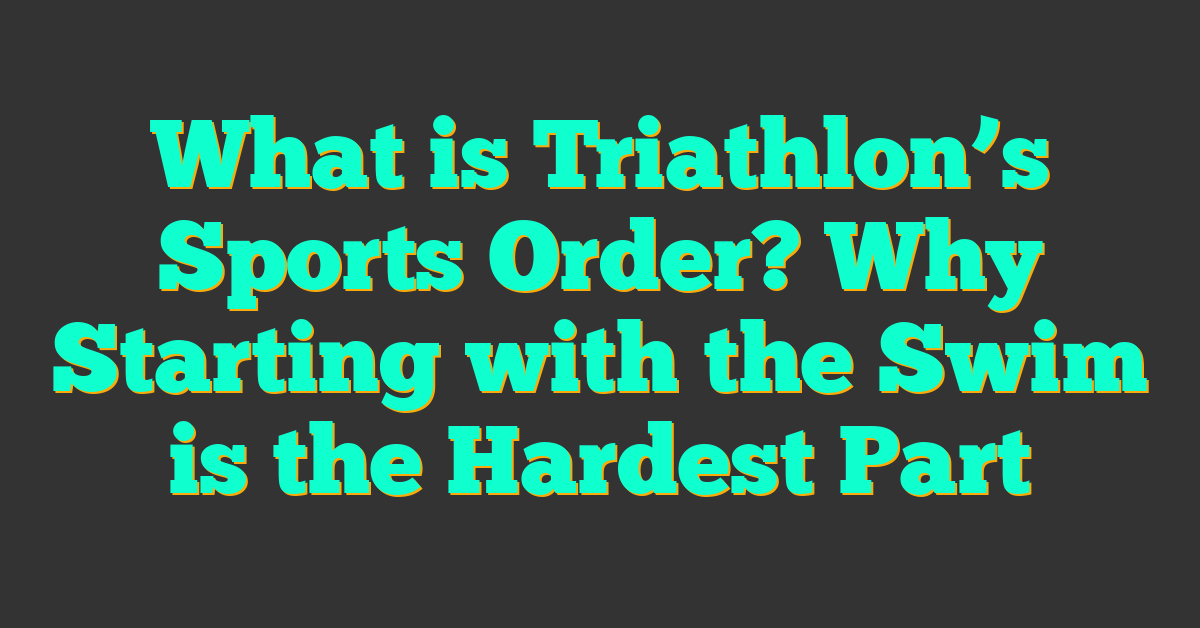After a strenuous workout, your body needs proper nourishment to recover and repair itself. What you eat after exercise plays a crucial role in preventing muscle cramps and promoting muscle growth. In this article, we will share 7 easy tips for what to eat after exercise to prevent muscle cramps and support your fitness goals.

Muscle cramps are a common issue that can occur during or after exercise, especially if you are dehydrated or have an electrolyte imbalance. Understanding muscle cramps and their causes is essential to prevent them from happening. Proper hydration and electrolyte balance are crucial for preventing muscle cramps. Drinking water throughout the day and before and after exercise is essential to help your body deal with all the changes it goes through during exercise and prevent muscle cramps. Additionally, consuming foods rich in electrolytes like potassium, magnesium, and sodium can help prevent cramps and support muscle function.
Key Takeaways
- Proper nourishment after exercise is essential for muscle recovery and growth.
- Muscle cramps can be prevented by maintaining proper hydration and electrolyte balance.
- Consuming foods rich in electrolytes and protein can help prevent muscle cramps and support muscle function.
Understanding Muscle Cramps
https://www.youtube.com/watch?v=huYqHkpVI5M&embed=true

Muscle cramps are sudden, involuntary contractions of one or more muscles. They can be very painful and can last from a few seconds to several minutes. Cramps can occur in any muscle, but they are most common in the legs, feet, and hands.
Causes of Muscle Cramps
There are several causes of muscle cramps, including dehydration, electrolyte imbalance, fatigue, and neurological conditions. Dehydration is one of the most common causes of muscle cramps. When you exercise, your body loses fluids through sweat, and if you don’t replace those fluids, you can become dehydrated. Electrolyte imbalance is another common cause of muscle cramps. Electrolytes are minerals in your body that help regulate your muscle function. If you have an electrolyte imbalance, your muscles may not function properly, which can lead to cramps.
Fatigue is another common cause of muscle cramps. If you exercise for a long period of time, your muscles can become fatigued, which can lead to cramps. Finally, neurological conditions such as Parkinson’s disease and multiple sclerosis can also cause muscle cramps.
Recognizing Symptoms
The symptoms of muscle cramps include sudden, intense pain, muscle stiffness, and muscle soreness. You may also experience muscle twitching or spasms. If you experience any of these symptoms, it is important to stop exercising immediately and rest. You should also drink plenty of fluids to help prevent dehydration.
Research shows that certain foods can help prevent muscle cramps. Foods high in potassium, magnesium, and calcium can help regulate your muscle function and prevent cramps. Examples of these foods include bananas, avocados, spinach, almonds, and dairy products.
In summary, muscle cramps can be very painful and can occur for several reasons. If you experience muscle cramps, it is important to rest and drink plenty of fluids. Additionally, incorporating foods rich in potassium, magnesium, and calcium into your diet can help prevent cramps.
Hydration and Electrolytes
https://www.youtube.com/watch?v=TI39SNPie_M&embed=true
After exercising, it’s important to hydrate your body properly. Hydration is one of the most critical factors in avoiding muscle cramps. Most experts recommend drinking water throughout the day and then drinking even more right before and after exercise. Drinking water can help your body deal with all of the changes it goes through during exercise and help you stay at a healthy weight.
The Role of Water
Water is essential for life, and it’s especially important during and after exercise. When you exercise, you lose water through sweat, and if you don’t replace that water, you can become dehydrated. Dehydration can cause muscle cramps, fatigue, and other health problems. To avoid dehydration, make sure you drink plenty of water before, during, and after exercise.
Balancing Electrolytes
Electrolytes are minerals that help your body maintain its fluid balance and regulate muscle and nerve function. The most important electrolytes for exercise are sodium, potassium, calcium, magnesium, and chloride. These minerals are lost through sweat, and if you don’t replace them, you can become dehydrated and experience muscle cramps.
Sports drinks are a good source of electrolytes, but they can also be high in sugar and calories. Coconut water is a natural source of electrolytes and is low in calories, making it a good alternative to sports drinks. You can also get electrolytes from fruits and vegetables, such as bananas, oranges, spinach, and sweet potatoes.
In summary, staying hydrated and maintaining a balance of electrolytes is essential for preventing muscle cramps after exercise. Drink plenty of water before, during, and after exercise, and consider adding electrolyte-rich foods or drinks to your post-workout routine.
Proper Nutrition and Diet
https://www.youtube.com/watch?v=gqtZTYbAbhA&embed=true
After a workout, it is important to consume the right foods to help your body recover and prevent muscle cramps. Here are some tips on what to eat to ensure proper nutrition and diet.
Foods to Eat
Your post-workout meal should include a combination of carbohydrates and protein. Carbohydrates help replenish your body’s glycogen stores, while protein helps repair and build muscle tissue. Some great post-workout food options include:
- Leafy greens like spinach, kale, and collard greens are rich in vitamins and minerals like potassium and magnesium that can help prevent muscle cramps.
- Nuts like almonds, walnuts, and cashews are a great source of protein and healthy fats.
- Greek yogurt is high in protein and also contains calcium, which can help prevent muscle cramps.
- Lean protein like chicken, turkey, and fish can help repair and build muscle tissue.
Minerals and Vitamins
In addition to eating the right foods, it’s important to make sure you’re getting enough minerals and vitamins in your diet. Here are some key nutrients to focus on:
- Potassium: This mineral helps regulate fluid balance in the body and can help prevent muscle cramps. Good sources of potassium include bananas, sweet potatoes, and avocados.
- Magnesium: This mineral plays a key role in muscle function and can help prevent muscle cramps. Good sources of magnesium include leafy greens, nuts, and whole grains.
- Iron: This mineral is important for oxygen transport in the body and can help prevent fatigue. Good sources of iron include lean red meat, spinach, and beans.
- Vitamin D: This vitamin is important for bone health and can also help prevent muscle cramps. Good sources of vitamin D include fatty fish like salmon and fortified dairy products.
- Smoothies: Smoothies are a great way to get a variety of nutrients in one meal. Try blending together leafy greens, fruit, Greek yogurt, and protein powder for a nutrient-packed post-workout snack.
By following these tips and making sure you’re consuming the right foods, you can help prevent muscle cramps and ensure proper nutrition and diet after your workout.
Exercise and Stretching Techniques
https://www.youtube.com/watch?v=INOlxY7lpGs&embed=true
« What to Wear (and Not to Wear) While Swimming: Pool vs Ocean
What to Expect from Your Endurance Coach: A Friendly Guide »
To prevent muscle cramps after exercise, it’s essential to warm up properly and stretch adequately. Here are some techniques you can use to avoid muscle cramps and keep your body in top shape.
Warming Up Properly
Warming up is essential before any exercise routine. It helps to increase blood flow to the muscles and prepares them for the workout ahead. Spend at least 5-10 minutes warming up before you start exercising. You can do this by walking or jogging at a slow pace, or by doing some light cardio exercises.
Stretching to Prevent Cramps
Stretching is crucial to prevent muscle cramps after exercise. It helps to lengthen the muscles, increase flexibility, and reduce the risk of injury. Here are some stretches you can do to prevent muscle cramps:
- Hamstring stretch: Sit on the floor with your legs extended in front of you. Reach forward and try to touch your toes. Hold the stretch for 15-30 seconds.
- Calf stretch: Stand facing a wall with your hands on the wall. Step one foot back and press your heel into the ground. Hold the stretch for 15-30 seconds, then switch legs.
- Quad stretch: Stand with your feet hip-width apart. Bend your left knee and bring your heel toward your buttocks. Hold your left ankle with your left hand. Hold the stretch for 15-30 seconds, then switch legs.
Remember to hold each stretch for at least 15-30 seconds and repeat each stretch 2-3 times. Don’t forget to stretch all the major muscle groups in your body.
By spending just 15 minutes warming up and stretching before your workout, you can prevent muscle cramps and keep your body healthy and strong.
Home Remedies and Treatments
https://www.youtube.com/watch?v=gSDoFOrnYik&embed=true
After a workout, it’s essential to take care of your body to prevent muscle cramps. Here are some home remedies and treatments that you can try:
Immediate Relief Methods
If you experience muscle cramps, there are some immediate relief methods you can try:
- Massage the affected area gently to improve blood flow and soothe the pain.
- Apply a heating pad or take a warm bath to relax your muscles.
- Use an ice pack to reduce inflammation and pain.
- Take a painkiller such as ibuprofen to relieve pain.
Long-Term Prevention Strategies
Preventing muscle cramps in the long-term involves adopting healthy habits and making some lifestyle changes. Here are some strategies you can try:
- Stay hydrated by drinking enough water throughout the day. Dehydration is one of the main causes of muscle cramps during exercise.
- Eat a balanced diet that includes foods rich in potassium and magnesium. Avocado, watermelon seeds, and ginger are some examples of foods that can help prevent muscle cramps. You can also take supplements to make up for any nutrient deficiencies.
- Stretch before and after exercise to improve flexibility and prevent muscle cramps.
- Take breaks during long periods of sitting or standing to improve blood flow and reduce the risk of muscle cramps.
- Try pickle juice, which has been shown to relieve muscle cramps in some people by improving nerve and muscle function.
By adopting these home remedies and long-term prevention strategies, you can reduce the risk of muscle cramps and improve your overall health and well-being.
Frequently Asked Questions

What are the best foods to eat for preventing muscle cramps after a workout?
Eating foods that are high in potassium, magnesium, and calcium can help prevent muscle cramps after a workout. Some examples of such foods include bananas, sweet potatoes, spinach, almonds, and yogurt. Additionally, drinking plenty of water and eating foods that are high in electrolytes, such as coconut water or sports drinks, can also help prevent muscle cramps.
Which drinks can help alleviate leg cramps post-exercise?
Drinking water is the best way to alleviate leg cramps post-exercise. However, if you want to drink something more flavorful, sports drinks or coconut water can help. These drinks contain electrolytes that can help replenish the minerals lost during exercise.
How can I prevent leg cramps during the night after a day of intense physical activity?
To prevent leg cramps during the night after a day of intense physical activity, make sure to stay hydrated throughout the day. Additionally, stretching before bed can help relax your muscles and prevent cramping. You can also try taking a warm bath or using a heating pad to help relax your muscles.
Are there any specific foods known to trigger muscle spasms that should be avoided post-exercise?
Foods that are high in sugar and processed foods can trigger muscle spasms and should be avoided post-exercise. Additionally, caffeine and alcohol can dehydrate your body, which can lead to muscle cramps. It’s best to stick to whole, nutrient-dense foods and drink plenty of water after exercising.
What are the top magnesium-rich foods that can help with leg cramps from exercising?
Some of the top magnesium-rich foods that can help with leg cramps from exercising include spinach, almonds, avocado, black beans, and sweet potatoes. Including these foods in your post-workout meals can help prevent muscle cramps.
What is the most effective immediate treatment for muscle cramps after exercising?
Stretching and massaging the affected muscle can be an effective immediate treatment for muscle cramps after exercising. Additionally, applying heat or cold to the affected area can help alleviate pain and reduce inflammation. Drinking water or a sports drink can also help replenish lost electrolytes and prevent further cramping.










